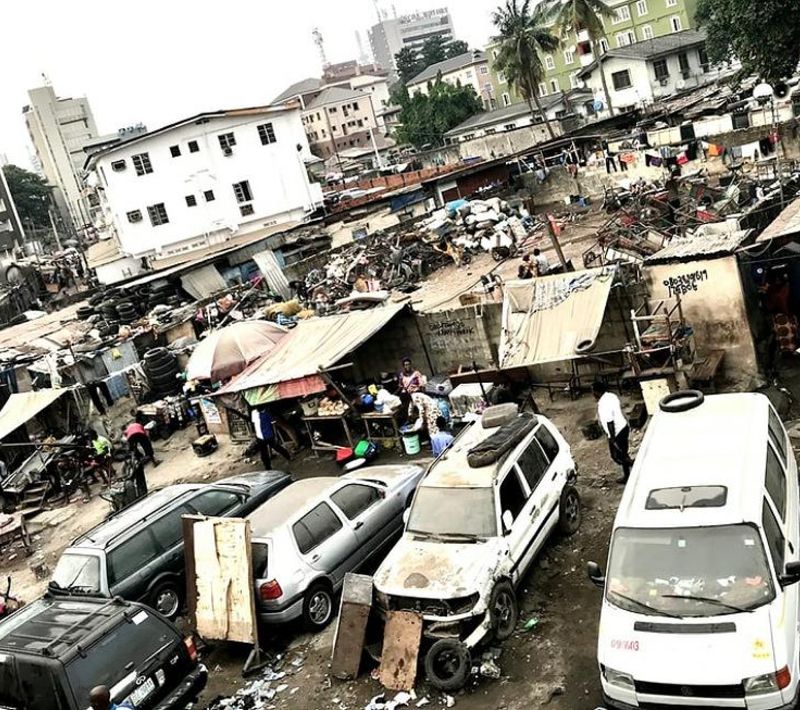Reasons Why Nigeria is Back In Recession

Although Nigeria is a country that frequently suffers or is often at the brink of a recession, many Nigerians do not know much about recession and its causes. So the first question is:
What is Recession
Recession is simply a business cycle where there is low output and because of that, demand and supply suffer.
Recession in Nigeria
In 2016, Nigeria suffered a recession when the country’s Gross Domestic Product dropped 2.06 percent. It was a bloody recession in which people lost their jobs and sources of livelihood. The crime rate increased and students were pulled out of private schools into public schools by their parents.
August 2020, the World Bank predicted this recession when they wrote: “the double whammy of the oil price fall and the COVID-19 pandemic has put Nigeria on the path to economic ruin and may not get out of it quickly if significant policy changes are not made. The report pointed out that the Oil Price Collapse is destabilizing the economy and affecting fiscal and external balances, and growth.” they wrote.
It also lamented that the Covid-19 Pandemic is reducing foreign remittances and adding to the households’ loss of income and consumption. It also exclaimed that foreign capital inflows are also expected to decline to add to external payment pressures.
With all these grim predictions it projects a GDP contraction of -3% for 2020 “possibly triggering the worst recession in four decades.” The National Bureau of Statistics on Monday reported the Nigerian economy contracted by 6.1% in the second quarter of the year due to the Covid-19 pandemic and the crash in oil prices.”
 Image Source: Twitter.com
Image Source: Twitter.com
Inflation
Various factors are causing the inflation plaguing Nigeria. One of these factors is border closure. The Nigerian government closed the country’s borders intending to reduce smuggling and generate sales for commodities produced locally. This move which did not produce the expected results has caused food scarcity. This is because the production of food in Nigeria is considerably lower than its consumption.
Three days ago, the Presidency Nigeria Twitter account (@NGRPresident) tweeted “In order to reduce the impact of inflation on Nigerians, the @MBuhari administration, is, through the 2020 Finance Bill, proposing the exemption of minimum wage earners from Personal Income Tax. #FinanceBill2020”. The finance bill has been approved by the Nigerian Federal Executive Council.
 Image Source: Unsplash.com
Image Source: Unsplash.com
Covid-19
The Nigerian Economy is not the only economy on the continent and in the world that has suffered the effects of Covid-19 on the production of goods and services. Even countries like the USA and the United Kingdom have been shaken by the pandemic.
Nigeria however, was in an uncomfortable position even before the onset of the Covid-19 pandemic. As a country that imports more than it exports, it is only understandable that output that wasn’t high, to begin with, will reduce exponentially and trigger a recession.
 Image Source: Unsplash.com
Image Source: Unsplash.com
Insecurity
Insecurity in major parts of the country, particularly places like the North-Eastern part of the country limits access to farms and farm produce. For many Nigerians, feeding has become a luxury. May families cannot afford to feed twice a day. Others starve. This terrible situation is fuelled by the blockage insecurity forms, preventing food grown in the North and North East from reaching other parts of the country.
The EndSars protests were also hijacked by hoodlums who proceeded to loot both small and large scale businesses, rendering employers bankrupt and sending employees home.
According to the Government in Nigeria (@NigeriaGov) “GDP growth is projected to be negative in the 3rd quarter of this year. As such, our economy may lapse into the second recession in four years, with significant adverse consequences. However, we are working assiduously to ensure rapid recovery in 2021.”- @MBuhari (Oct. 8, 2020)”
The recession in Nigeria has caused significant adverse changes in the lives of the people. However, according to Daily Post, the Federal Government has assured that Nigeria would exit recession in the first quarter of 2021.
Minister of Finance, Budget and National Planning, Mrs. Zainab Ahmed, gave the assurance at the ongoing 26th Nigerian Economic Summit organized by the Nigerian Economic Summit Group and the Federal Ministry of Finance, Budget, and National Planning, on Monday in Abuja.
The Minister noted that the COVID-19 pandemic caused the current recession in Nigeria.”
Nigerians are hopeful.
She's a beauty and an exquisite lady who enjoys the high life in writing and poetry. Her writing style and prowess is innovative and focuses on the feminine perspective, bringing nothing but wholesome gratification to the African, Afrocentric and Afro-American women at large

